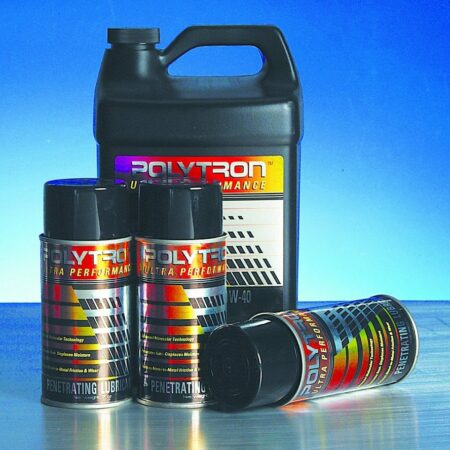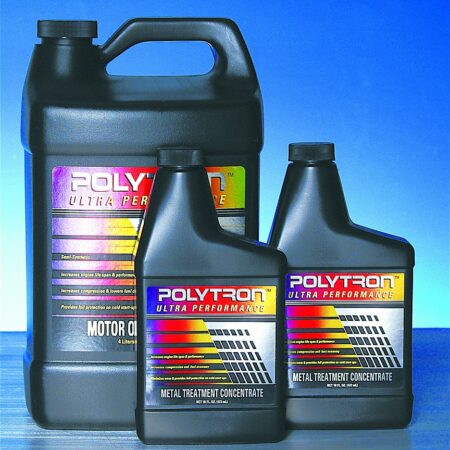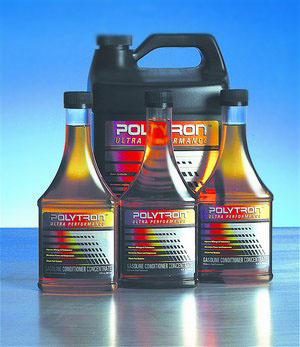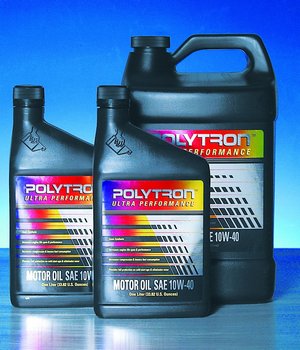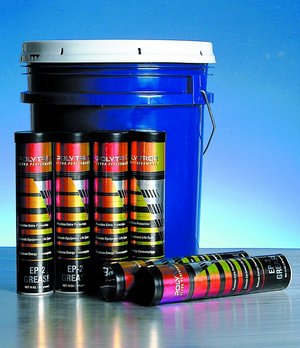Introducion
“As you know, we have been incurring serious maintenance problems with our fleet of 200 transit-cab vehicles. On average, we have had 13 cabs per day in for an engine overhaul or replacement.
The down time, parts, and labor costs have been excessive. In an effort to reduce these costs we began to experiment with various motor oils and oil additive packages with the purpose of reducing wear and improving performance, but with not much success. We still had an average of 13 cabs down each day.”
Polytron MTC testing
“We then tested your Polytron MTC in nine of our units. To say the least we are quite pleased with the results. Before adding Polytron MTC, the compression reading of each vehicle was taken and found to be between 90 and 150. All had engines with problems or expected to have a maintenance problem in a short time, with poor performance and fuel consumption.
The cabs were treated with Polytron MTC according to instructions and road-tested for two days with the following results:
1. Compression readings ranged between 149 and 154 (Note, 154 is equivalent to that expected from a brand new engine).
2. Increased power and performance were reported by the drivers.
3. The Polytron MTC treated cabs ran quieter and smoother.
4. The average operating temperature was reduced by 20 degrees (190 to 170).
5. Drivers reported mileage improvement.
6. An engine treated with Polytron MTC was disassembled and inspected. It was found clean, had no build-up, and the surfaces appeared to be polished.
As a result of all of the above, we are now using your product in our entire fleet.”
Using Polytron MTC
“Since using Polytron MTC we haven’t had one engine go down. When considering these vehicles are driven an average of 500 miles per day , under the most severe of conditions, the results are nothing less than remarkable. Within the first 6 weeks of using Polytron MTC, on the average we had only one vehicle in the repair shop per day.
We had one vehicle lose all its oil at LAX. The driver was unaware of the situation because the oil pressure light was not working. He drove back to our Van Nuys facility without incident. Our mechanic after noticing that there was some oil dripping, found that the oil pan was slashed and there was no oil. The pan was replaced, new oil installed and the engine started right up. This vehicle is still in daily operation.
If it hadn’t been for POLYTRON the engine would have seized up and we would have to overhaul it. After several months we have inspected 5 engines. The following pictures demonstrate the dramatic effect Polytron had on our vehicles. The pictures were taken from the same engines before we started using Polytron (pictures on the left), and after using Polytron for several months.”
Inspection Details
[su_row]
[su_column size=”1/4″]We always found Sludge and carbon buildup on cylinder walls of all our vehicle-engines before we started using POLYTRON MTC.[/su_column]
[su_column size=”1/4″] [/su_column]
[/su_column]
[su_column size=”1/4″]With POLYTRON MTC, the cylinder walls are always clean from any buildup and look highly polished.[/su_column]
[su_column size=”1/4″] [/su_column]
[/su_column]
[/su_row]
[su_row]
[su_column size=”1/4″]Heavy carbon deposit on a piston top, and around piston rings, which caused the rings to “freeze” and even break.[/su_column]
[su_column size=”1/4″] [/su_column]
[/su_column]
[su_column size=”1/4″]The typical condition of pistons and piston rings after we started using Polytron products with extended oil change intervals from every 2,000 miles to every 10,000 miles.[/su_column]
[su_column size=”1/4″] [/su_column]
[/su_column]
[/su_row]
[su_spacer size=”100″]
[su_row]
[su_column size=”1/4″][/su_column]
[su_column size=”1/4″]APPLICATION
Full Polytron additive package: MTC, GDFC, EP2[/su_column]
[su_column size=”1/4″]USER
Taxi Cab company in California[/su_column]
[su_column size=”1/4″]LETTER FROM
Reference letter written by the Maintenance Manager[/su_column][/su_row]


